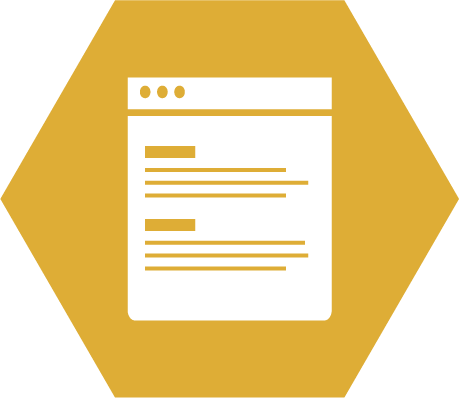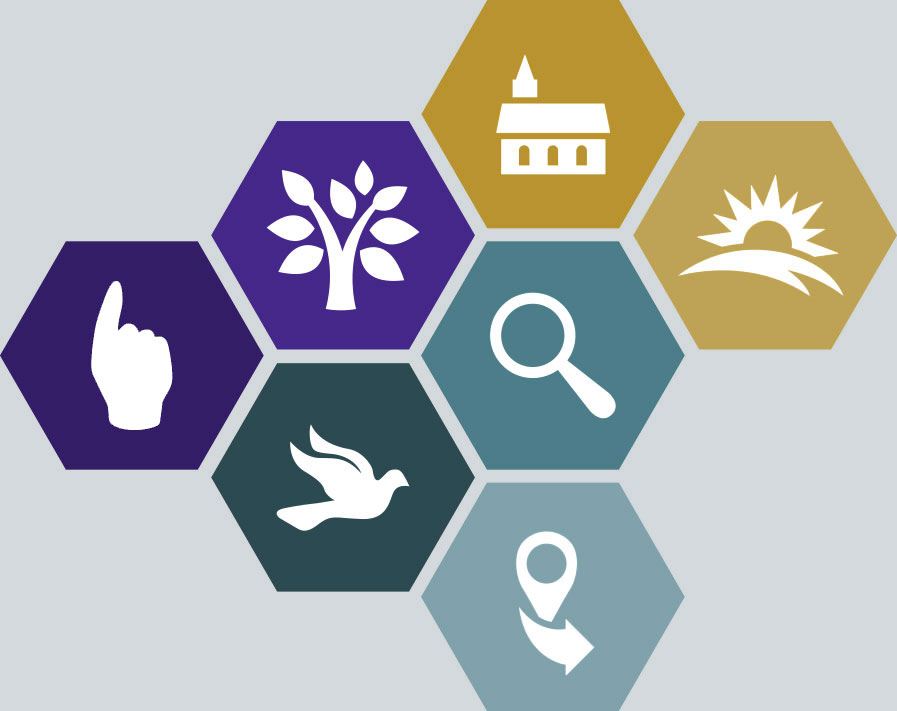Nurturing Truth & Confronting Lies
Lies Hold People in Poverty
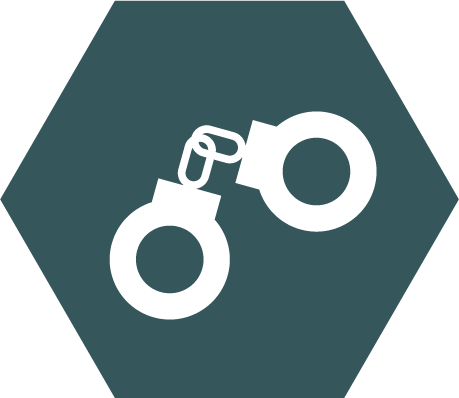
Lies Hold People in Poverty
Regardless of who we are, our beliefs shape our behavior. Our lives, likewise, are impacted by the beliefs and behaviors of those around us. Wherever those beliefs are infected with lies, brokenness results.
Satan’s primary tool for meddling with humankind is deception. Jesus called Satan “a liar and the father of lies” (John 8:44). Without doubt, lies are his favorite tool for holding people in brokenness. These lies are often taught to us as children and perpetuated by media and cultural norms. It is nearly impossible for us to identify and root out our own lies. Unless someone or something challenges these wrong beliefs, we struggle to really change.
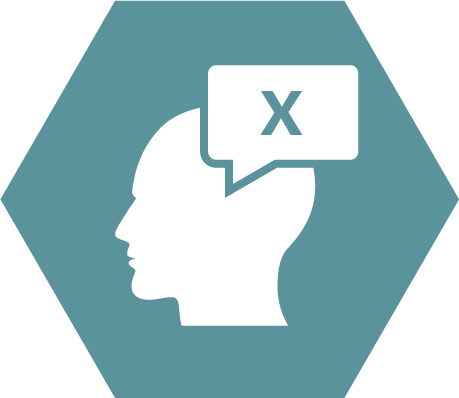
The Lies of the Vulnerable
In the Majority World, there are common misbeliefs, held by many people, which keep them stuck in poverty:
- We are born poor, we will die poor; there is nothing we can do to change our destiny. Most poor people around the world believe that poverty is their destiny. If they are subsistence farmers, they believe their children and their grandchildren will be farmers. Likewise, many have never considered that their community could be any different in the future than it is now. If they don’t believe things can be different, they don’t try to change things. They just accept life as it is.
- We have nothing; we can’t do anything; we need someone to come help us. Most vulnerable people truly believe they cannot do anything to address their own needs or the needs around them. Many communities are waiting for an international organization or the government to solve their problems and meet their needs. Because of this lie, they’re blind to the resources they already have—mud for making bricks, shovels, and the strength to dig a well. And so billions are locked into poverty and left waiting for help, when the solution to their problem is already in their own community.
- Women and children are possessions; they exist to serve men. This lie leaves women in far too many countries as domestic slaves, with no voice and little personal protection. There is little opportunity for them to contribute their talents, gifts, ideas, and passions to build their family, church, community, and nation. It gives rise to all kinds of injustice, from female infanticide to human trafficking to lack of education for girls.
- We are evil; we will never do anything good. In Sierra Leone, the prevailing belief is that they were created evil and are unable to be any different. Many in South Sudan truly believe that no good can come to their country because they are the land of Cush and God has cursed them. These are just two examples of a widespread lie that has left communities and nations locked in poverty. After all, why try to improve your circumstances if God Himself is against you?
- We are too poor to give. The challenge that many of the poorest people face is that they can’t see the many resources they have to give: time, energy, natural resources, creativity, prayer, the power of God, skills, and wisdom. Time and again, when people have given what they can—plowing a widow’s field or building a simple bamboo bridge— they’ve seen God multiply their resources so they are able to do more in the future. This is true to Jesus’ promise in Luke 6:38, “Give, and it will be given to you. A good measure, pressed down, shaken together, and running over, will be poured into your lap.”
- Luck/ the gods/ destiny controls how much our land produces or how healthy we are; good techniques or effort is irrelevant. Often, when we ask rural farmers why one piece of land grows more than another, they don’t respond by saying, “That person works harder” or “They use different seeds.” They tell us that one farmer is lucky, the other unlucky. This belief—that it doesn’t really matter what we do because the spirits or luck (or lack thereof) determine our outcomes—hampers many efforts to improve agriculture and health practices.
These are just a few of the damaging beliefs that have been handed down from generation to generation. These lies—together with the lies of society around them—are tools of Satan, used to keep vulnerable people locked in their situations. If we are to see transformation, we must be aware of these lies and how to break them. We also need to be aware of lies that undergird social systems.
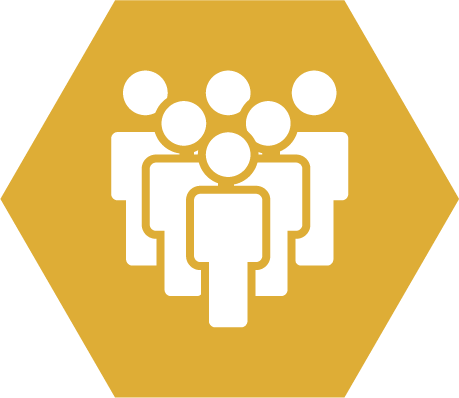
The Lies of Society
Because vulnerable people hold little power in their societies, the lies that society believes have the most negative impact on them. One of the most common and devastating lies is that some people have less value than others.
Those who are poorer are often looked down on, mistreated, and regarded as having less value. Those who can’t afford a national identity card or an address miss out on the services that they desperately need. Governments rarely jump to solve this dilemma, because too often they just don’t see these people as having the same value as more affluent people.
Another common lie is that those in power ought to be appeased. The lie flourishes in cultures where the predominant religion requires sacrifices or gifts to ancestors and spirits. The purpose of these gifts is generally to prevent bad things from happening at the whim of the spirits. It’s an easy leap from appeasing those that have power over you in the spirit world to appeasing others in authority—police officers, government officials, supervisors… Corruption runs rampant when societies are infected by this lie. The powerful exploit those beneath them and bribery is the norm to get anything done. Without finances to pay the required bribes, the vulnerable are unable to get the basic services that they need.


